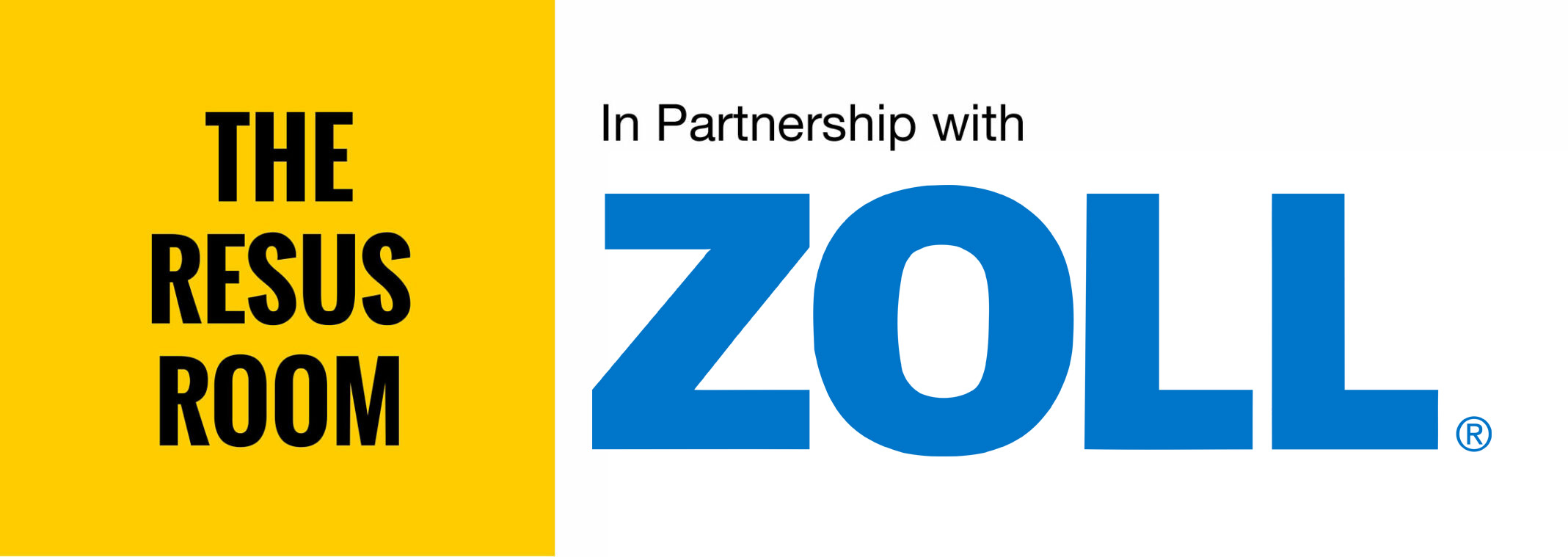So today Rob and I were lucky enough to be asked to attend the Trauma Care Conference 2017, to listen to some of the great talks and catch up with some of the speakers for their take on the highlights of the talks.
We managed to catch the following speakers, here are the topics they covered and relevant links to the resources discussed.
Speakers
Gareth Davies, Consultant Emergency Medicine, Royal London Hospital; Understanding where, when and how people die?
Dave Gay, Consultant Radiologist, Derriford Hospital; The Role of Ultrasound in Trauma
Ross Fisher, Consultant Paediatric Surgeon Sheffield Children’s Hospital; TARN report for paediatrics
Fiona Lecky, Professor Emergency Medicine Sheffield, EM Consultant Salford; Traumatic Brain Injury: recent progress & future challenges
Simon Carley, Professor Emergency Medicine, Central Manchester; The Top 10 trauma papers of 2016
St Emlyn’s Top 10 +1 Trauma Papers 2016
Tim Rainer, Professor Emergency Medicine, Cardiff; Permissive hypotension in blunt trauma
David Raven, Emergency Medicine Consultant, Heart of England Foundation Trust; HECTOR & Elderly Trauma
The HECTOR Course (& free online manual!!)
Have a listen to the podcast and again huge thanks to the speakers for taking their time to share their superb talks with a wider audience.

